Welcome to issue 23 of the Call to Comms!
Hands-on this week, as we'll take a closer look at different satellite orbits and try to understand how these technical and physical considerations relate to humanitarian operations.
Also this week: a space telescope to better understand the Universe, an overview of TSF's current missions by a TSF Ambassador, and an e-learning platform to include refugees in Poland.
How do satellite orbits work, and what does it change for humanitarian workers?
Why is satellite orbit a question at all?
Every satellite has to be put in a specific “location in the sky”, which means on a defined orbit. This orbit will determine many parameters including the distance between the satellite and the surface of Earth, its speed and therefore how it will be seen from Earth. The choice is made depending on its function, be it communications, geolocation, weather monitoring etc.
How does this physical consideration influence humanitarian action?
Generally speaking, the influence can be seen as very indirect. When it comes however to choose a satellite communications service for a mission area which is not (or unreliably) covered by terrestrial networks, a minimum knowledge about the technical requirements, the national regulations and the coverage map of the service are among the main elements to bear in mind.
Whether you are a space enthusiast like many of us at TSF, or curious about this unusual topic, click here to read more about satellite orbits and humanitarian action!
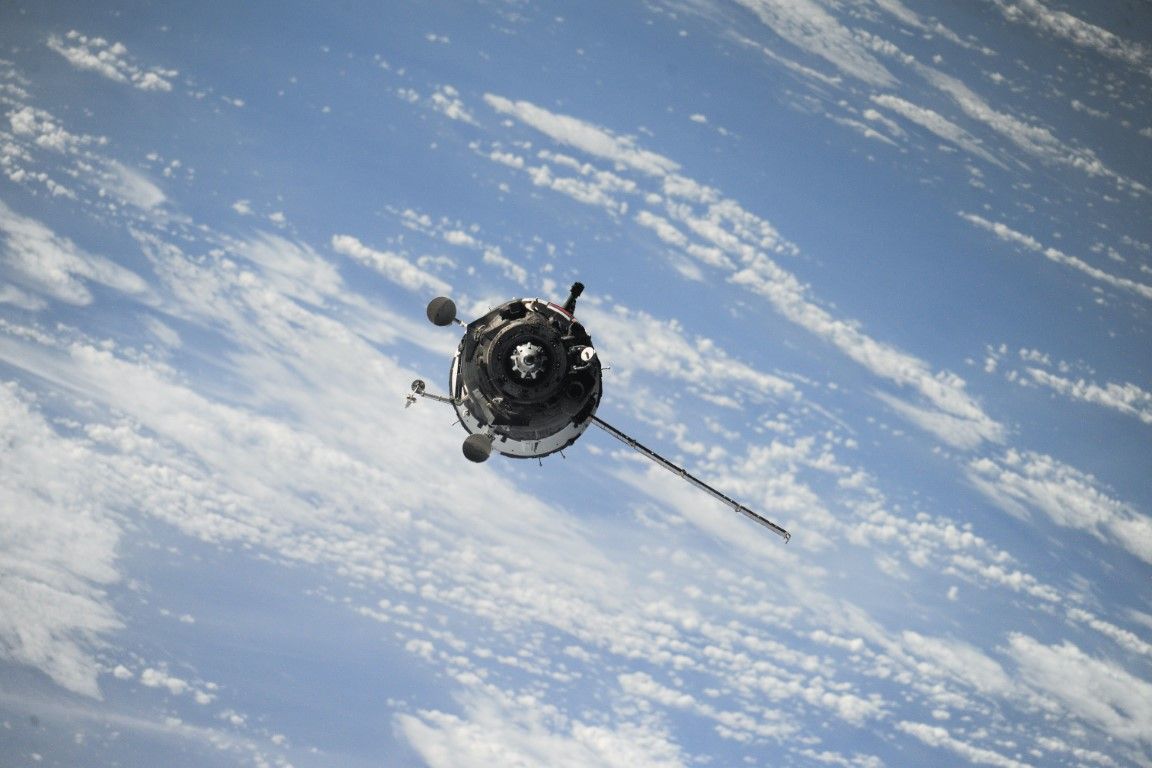
This week’s reads
The latest news from TSF, our partners, and the humanitarian and technological web
1 - Euclid telescope lifts off in search of the secrets of dark universe
The European Space Agency just launched an orbital satellite to better understand dark matter and dark energy, which make about ‘95% of the known universe’. From its solar orbit, Euclid will use a telescope to ‘create a great map of the large-scale structure of the Universe’.
2 - Capacity TV - ITW 2023: Sophie Ann Terrisse, ambassador, Télécoms Sans Frontières
On the occasion of ITW 2023, where Console Connect supported TSF with a charity run, Sophie Ann Terrisse spoke to Capacity Media about what TSF does, an overview of current missions, and how people and companies can get involved and help. Listen to the interview here!
UNICEF and Microsoft launched the Learning Passport in Poland, an e-learning platform which focuses on including displaced and crisis-affected communities. Poland is the first country to launch a version specially designed for teachers, to train them to work with Ukrainian children who are victims of war, and to encourage multicultural communication.
Directly from the field
"Global crises are unpredictable, but being confident we can communicate with the rest of our team - be it in Malawi, Türkiye, or HQ in Israel - ensures we can make decisions as fast as possible, which really can be make or break in the first days of our emergency response missions. TSF satellite phones help us run our operations as smoothly as possible, making sure that we can keep everyone in the loop and can get the support we need to help some of the world's most vulnerable."
- Karmit Berlinsky, Senior Emergency Operations Officer
In case you missed it
To celebrate TSF's upcoming 25th anniversary, we've launched #TSF25Years on LinkedIn, Instagram and Twitter, where every day for 25 days, we highlight one mission a year. It's only just begun - come and join us on the journey!
See you next week!




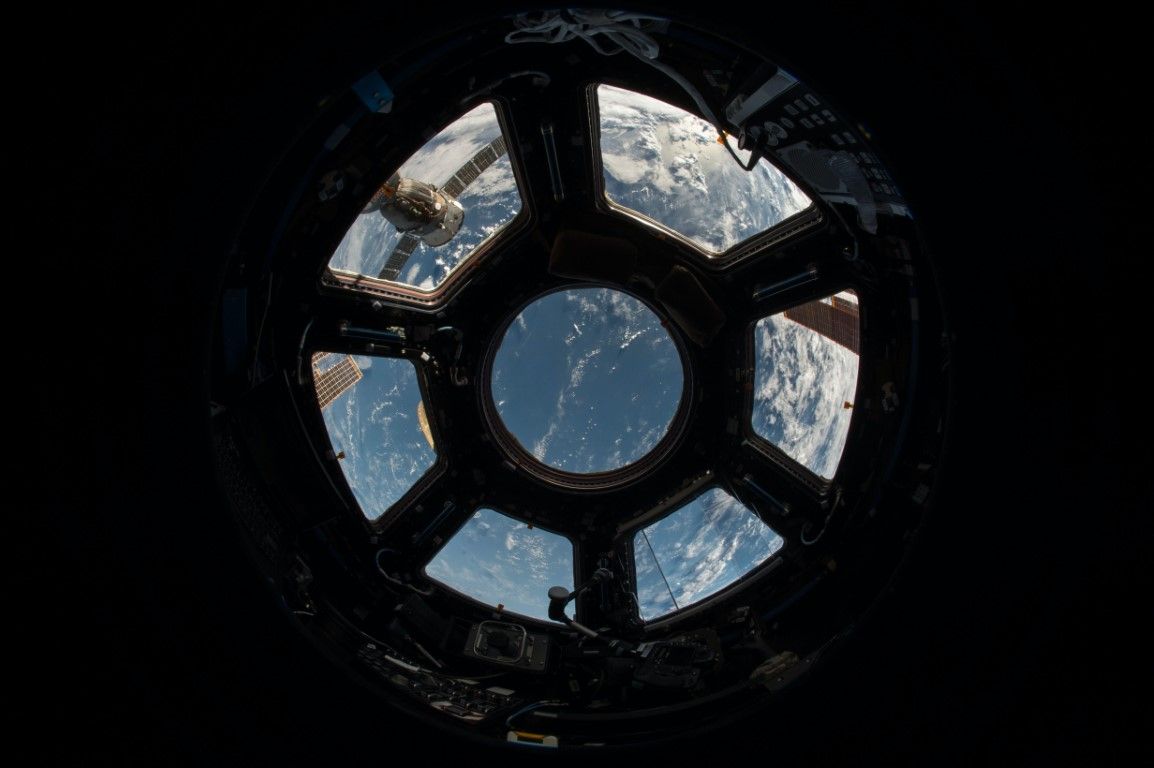



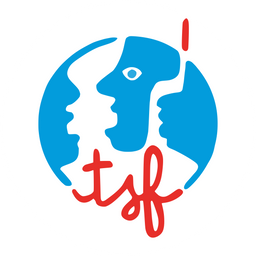
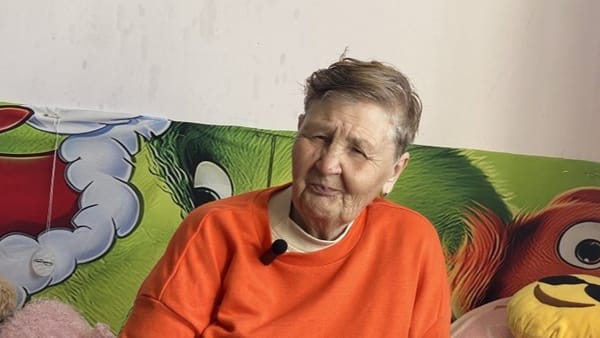
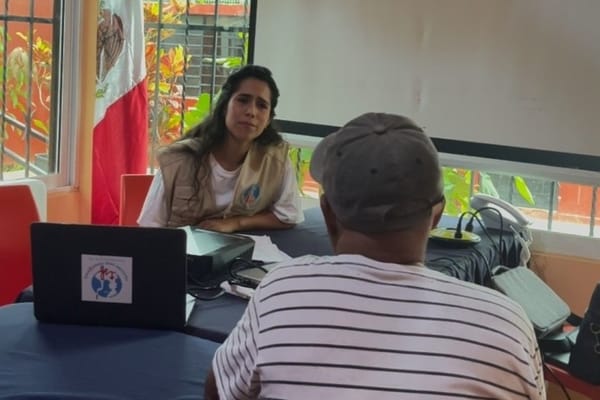

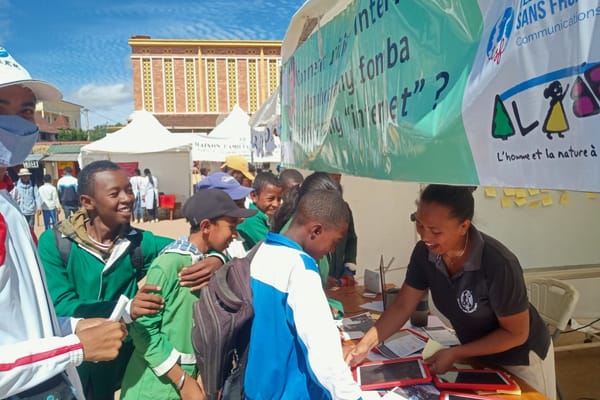
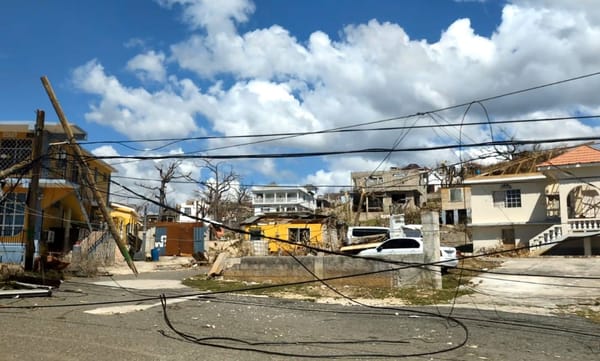
Member discussion